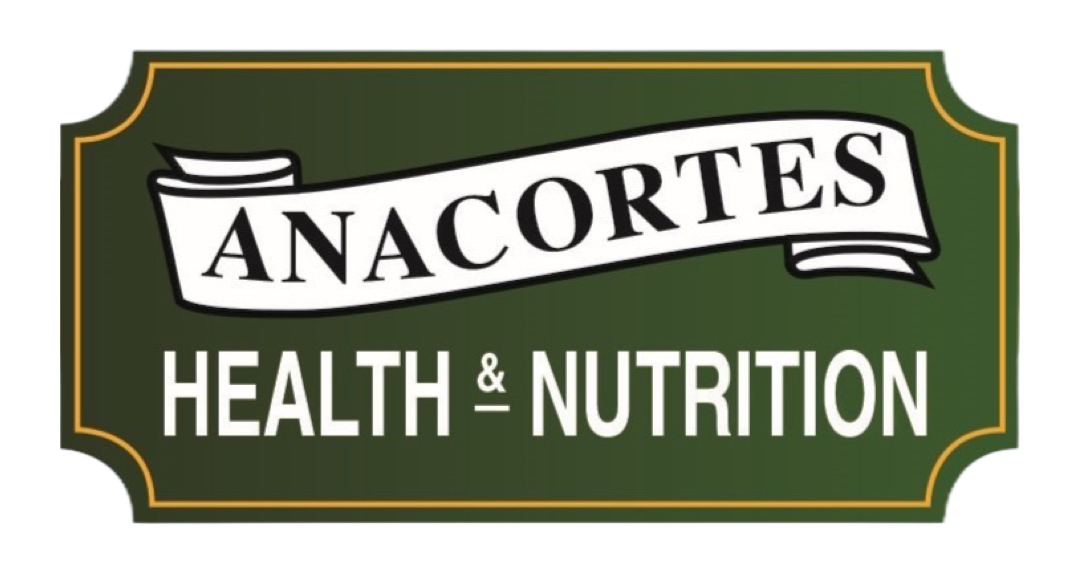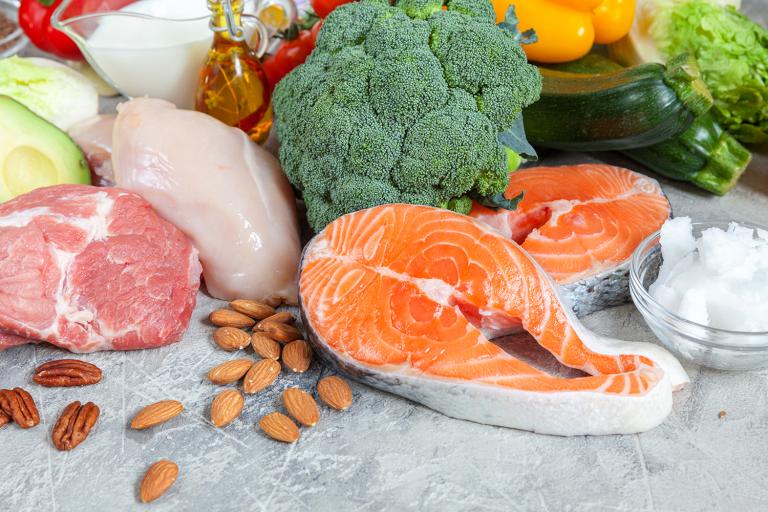Some eating plans promote weight loss; others encourage whole-body wellness. The ketogenic diet—keto for short—is a diet that emphasizes both, and this has contributed to its popularity.
What Is The Ketogenic Diet?
The keto diet’s strict low-carbohydrate eating plan is based on consuming high amounts of fat, moderate amounts of protein, and low amounts of carbs. On this eating plan, about 70 to 75 percent of caloric intake is derived from fats, 20 percent from protein, and 5 to 10 percent from carbs.
Grass-fed and wild animal meats, wild-caught fish and seafood, and poultry and eggs are some of the protein sources on the keto diet. Consumption of healthy fats such as ghee, clarified butter, and coconut, avocado, macadamia, and olive oils is encouraged. Nuts, seeds, and some vegetables are OK, but most fruits and starchy veggies are excluded. Processed foods, items high in carbohydrates, all grains, sugar and other sweeteners, tropical and high-carb fruits and juices, most soy products, and refined fats and oils are avoided.
How Does the Keto Diet Work?
The keto diet encourages weight loss by introducing a metabolic state known as ketosis. This state causes the liver to create ketone bodies, which are molecules the body produces during starvation, fasting, or carbohydrate restriction. Ketosis shifts the body’s metabolism away from glucose—an energy source originating from carbs—and toward fat burning. Ketosis usually begins three to four days after the start of the diet, forcing the body to begin burning stored fats.
What Are Other Effects of the Keto Diet?
Historically, the keto diet was prescribed for treating challenging cases of epilepsy, particularly in children. Some recent studies have found that the diet can help those with diabetes better control their blood sugar.
Experimental research has shown a link between the keto diet and slowed growth of certain tumors. Human studies involving brain tumors indicate promising results as well. Benefits of the diet also include the ability to build and preserve muscle tissue, reduce weight, and control the appetite. Those following the keto diet don’t usually experience the slowdown in metabolism that typically occurs when people follow a low-fat diet.
Drawbacks of The Ketogenic Diet
For many, weight loss is one of the most appealing benefits of the keto diet. Yet some surmise it may not be the healthiest way to drop pounds.
The Keto Diet Effects Body Chemistry
When starved of carbs, the body’s liver makes and then delivers ketones to the bloodstream. An overabundance of ketones can change the blood’s chemical balance and lead to dehydration.
Keto is a High-Fat Diet
High-fat diets are associated with obesity and heart disease. Rich in fats, the keto diet emphasizes the consumption of animal proteins like red meat. Eating large amounts of this protein may increase cancer risk in some people.
The keto diet may have the potential to help some cancer patients. However, depending on the type of cancer and treatment, some individuals may not be able to break down the protein and fat amounts, leading to digestive issues.
An analysis of over a dozen clinical trials found that those on keto diets tended to lose more weight and keep it off than those on low-fat diets. Those following a keto diet had lower blood pressure and triglycerides and higher HDL (good) cholesterol. The trials also found that the subjects’ LDL (bad) cholesterol levels increased. Since the keto diet is generally high in saturated fat, this result was not surprising.
Keto-Friendly Foods Can Be Limiting
Eliminating food groups can be difficult, so sticking to this eating plan can be challenging. Certain people have found that the weight comes back once they go off the plan and return to their old way of eating.
Check with Your Physician
Discuss this or any new diet with your healthcare provider or a dietitian before starting. People with kidney disease should not follow high-protein versions of the keto diet.

